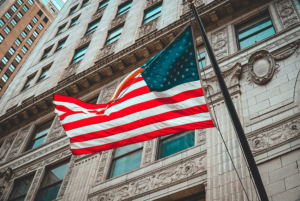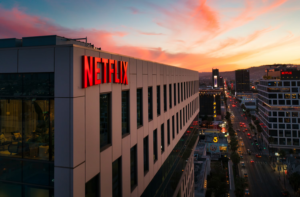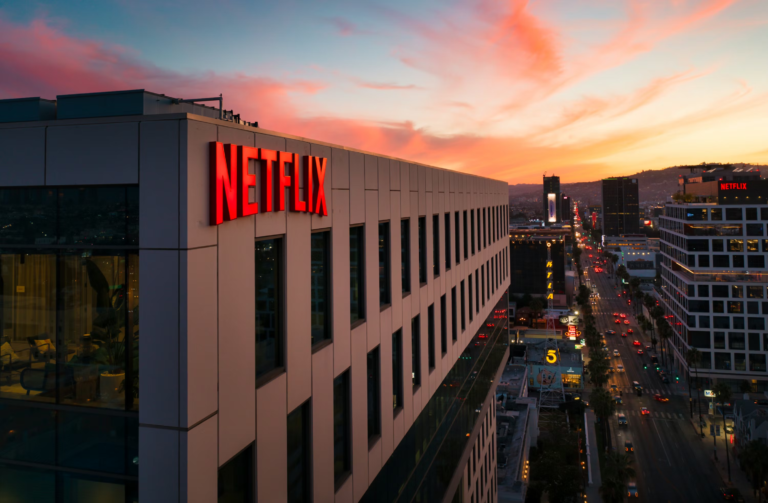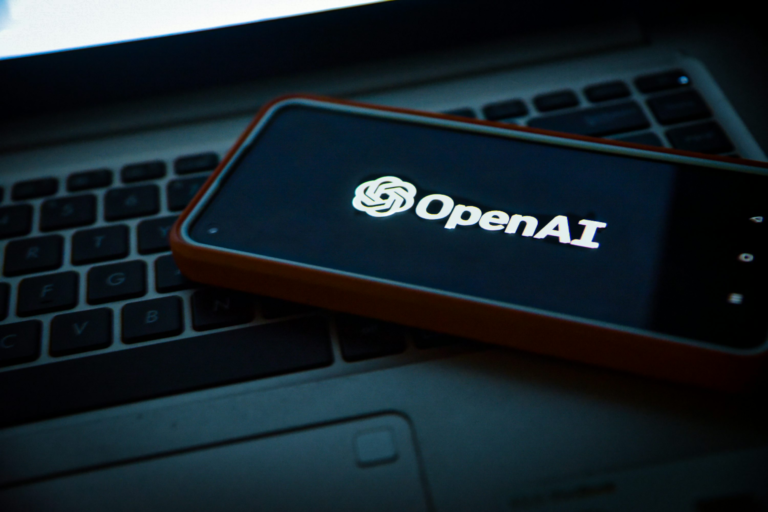Warren Buffett, the famous investor and head of Berkshire Hathaway, has recently made some big changes to his company’s investments. Known for his long-term, steady approach to stocks, Buffett surprised many by selling a significant portion of Berkshire’s Apple shares. Apple used to be one of Buffett’s favorite investments, which he called one of Berkshire’s “four giants.” But now, he seems to be changing direction as the stock market becomes more uncertain and expensive. This time, instead of putting money into new stocks, Buffett has decided to keep more cash on hand, preparing for potential bumps in the road ahead.
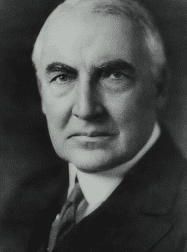
Berkshire Hathaway’s third-quarter report revealed that the company sold an additional 100 million shares of Apple. This has reduced Berkshire’s holding in Apple to $69.9 billion, a noticeable drop from its peak of $178 billion just last year. In the past two years, Buffett’s company has sold a total of $166 billion in stocks, a large sum reflecting the billionaire’s cautious approach to the current market. Many believe this shift shows that Buffett is increasingly wary of the high prices in the stock market and isn’t finding as many good investment opportunities as he did in the past.
While Apple was once a key part of Berkshire’s portfolio, the recent sales suggest Buffett might think the company’s stock has become too expensive. He’s likely worried that the high valuations of stocks like Apple could be risky, especially as the overall economy faces a lot of uncertainties. Rather than take on too much risk, Buffett has chosen to build up Berkshire’s cash reserves, which have now reached an impressive $325.2 billion. Most of this cash is sitting in short-term U.S. Treasury bills, a safe investment that currently offers decent returns. This large pile of cash also gives Berkshire a strong cushion if the market were to hit a rough patch, allowing them to make smart purchases when prices fall.
Some people wonder why Buffett is being so careful. Analysts suggest that he’s taking a “risk-off” stance, meaning he’s avoiding taking big risks right now. One reason for this could be his concerns about the U.S. economy and potential tax hikes due to the country’s growing budget deficit. As the government’s debt rises, many expect that taxes could go up to cover these expenses. If taxes increase, it might cut into company profits, which would make the stock market less attractive. So, rather than pouring more money into stocks, Buffett is sticking to safer options.
Another reason Buffett may be building up cash is because of the good returns currently offered by Treasury bills. As interest rates rise, these government-backed bills provide better returns without the risks that come with stocks. For a cautious investor like Buffett, this makes Treasury bills a sensible choice, especially when other options don’t seem as appealing. At the same time, it allows him to wait for a better moment to jump back into the market if prices drop.
Besides changes in the Apple investment, Berkshire also sold $10.5 billion worth of Bank of America shares in the same quarter. Over the last eight quarters, Berkshire has been a net seller, meaning they have sold more stocks than they’ve bought. This is another sign of Buffett’s careful approach, as he has barely added new stocks to Berkshire’s portfolio, spending only around $1.5 billion on new purchases. It’s clear that Buffett is waiting patiently for better opportunities and doesn’t want to rush into any new investments at the moment.
Despite all the caution in stock investments, Berkshire Hathaway remains a large and diversified company. Its many businesses range from transportation and energy to insurance and retail. In the latest quarter, Berkshire reported operating profits of $10.1 billion. However, this was a 6% drop from the previous year. The lower profit was largely due to some significant losses in their insurance business, caused by hurricanes and a major legal settlement. Hurricanes Helene and Milton resulted in costly insurance claims, and the company also had to pay $535 million to settle a lawsuit related to asbestos claims.
Even though some parts of the business faced challenges, other areas did better. For example, Geico, Berkshire’s car insurance company, saw an increase in profits. Fewer people were filing accident claims, which helped Geico save money and improve its earnings. On the other hand, some of Berkshire’s other businesses, like fuel and retail, didn’t perform as well, partly due to changing economic conditions.
The mixed results from Berkshire’s different businesses show how diverse the company is, which helps balance out ups and downs in different sectors. Buffett has built Berkshire to be resilient, so when one area struggles, another can often pick up the slack. This approach has helped the company remain strong, even when certain industries face tough times.
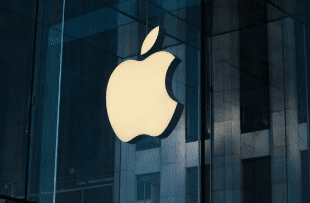
In the big picture, Buffett’s decision to pull back from Apple and keep more cash reflects his careful view of the market right now. He’s not someone to take big risks without careful thought, and with today’s high stock prices and economic uncertainty, he’s choosing a more cautious path. Instead of betting big on expensive stocks, he’s keeping his options open, ready to make a move when the time feels right.
So, what’s next for Berkshire and Buffett? That’s the question everyone is asking. With so much cash on hand, Buffett could potentially make some exciting investments in the future. Maybe he’s waiting for a major market dip or a new opportunity that really stands out. Whatever the reason, it’s clear that Buffett isn’t rushing into anything. His strategy seems to be one of patience, watching the market carefully, and staying prepared for whatever comes next.
Buffett’s moves remind us of the value of thinking long-term and being prepared, especially in uncertain times. Whether or not the market will go up or down, Buffett’s approach shows that sometimes, holding back can be the smartest move. For now, we’ll just have to wait and see what the “Oracle of Omaha” has in store for the future.

